Sharing at the workshop on voice methods for teachers at all levels held in Hanoi on the afternoon of March 23, MC - Master Thanh Mai, former Deputy Head of the Department of Culture and Arts of the Central University of Art Education - was particularly interested in the issue of preserving the Vietnamese language in the integration period.
According to MC Thanh Mai, during the development process, many new words, new phrases, and new purely Vietnamese terms have been created and better serve the work of communication, expressing ideas, and developing the economy, society, and science.
On the other hand, today's young generation uses foreign languages a lot, slang words and borrowed words appear. The Vietnamese language suddenly has more compound words, abbreviations, symbols, for example wife = Vk, husband = Ck... The habit of using metaphorical language too frequently in communication also has a significant impact on the way young people use slang, especially the Gen Z generation. These slang words are considered daily communication language that a group of people implicitly understand and agree with each other, but are becoming more and more popular. For example: "da de" - a humorous way of saying "ra voi"; "khum" - a way of refusing but less serious than "khong", often used in intimate conversations; "mai det ti ni" - the Vietnamese transcription of the English phrase "my destiny" to refer to one's destiny...
Currently, the issue of "cultural globalization, language globalization" demonstrates the strong linguistic exchange process that makes Vietnamese have to "compete" with many other languages/foreign languages at the same time. In addition, under the impact of urbanization, market economy, the continuous movement of rapidly increasing immigrant flows into urban areas in the three regions of the North, Central, and South, between urban areas within a region, between rural and urban areas... so Vietnamese also has significant changes. In the integration process, dialects gradually influence and "integrate" with the culture of the central region; for example, people from the Central and Southern regions living and working in Hanoi will change their accent and pronunciation to the way Hanoians speak. Most people in the provinces only speak regional accents (dialects) when meeting people from the same hometown, or communicating with relatives in their family.
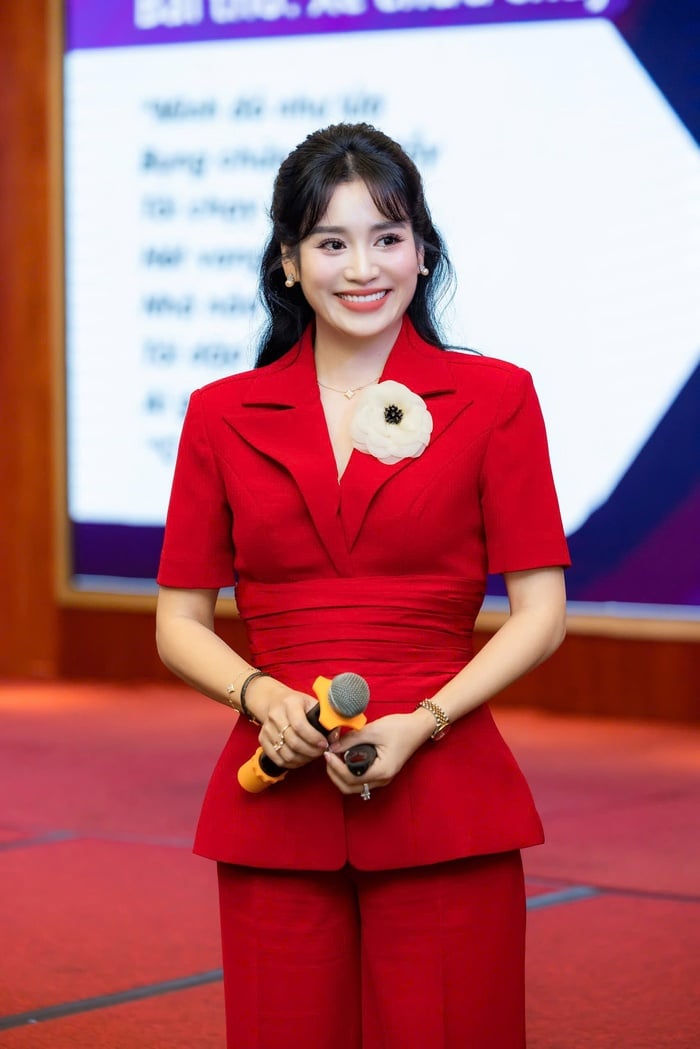
MC Thanh Mai
"It must be said that Vietnamese is the mother tongue of the majority of Vietnamese people, the main communication tool, popular in the community of more than 100 million people, but its "changes" also occur continuously. The nature of Vietnamese up to now has always changed itself, absorbed a lot of vocabulary from the outside, actively adjusted itself, and transformed into its own. The problem is how we must inherit traditional linguistic values and integrate so as not to lose the identity of the mother tongue in each dialect region, especially in ethnic minority regions with small populations.
The process of integrating Vietnamese is also a trend of integration and globalization, giving Vietnamese many opportunities to absorb many new and progressive elements, making Vietnamese rich. But on the other hand, Vietnamese also has to face the risk of dissolving according to the overwhelming trend of the "flat world" in terms of language and culture used by some large countries. Over the past years, although mentioned in many aspects of rich content, the unified goal of "Preserving the purity of Vietnamese" has always been a topic of constant discussion," said MC Thanh Mai.
The female MC, author of the book "Handbook for Treating Stuttering", believes that: The faster the process of international integration and world cultural exchange is accelerated, the faster the increase in new vocabulary from foreign languages. Over time, newly updated words, changed and accepted by the majority, will survive, join the common language, enriching Vietnamese. Next, inappropriate words will be quickly eliminated, forgotten, or even lost. However, due to the specific nature of language activities, this process takes place much slower than in real life. We need to have appropriate policies and mechanisms to create a "filter" to help Vietnamese have the ability to adapt in the process of global exchange and integration.
The requirements require language, culture, press and media researchers; education reformers, and experts to conduct comprehensive and in-depth research on language life in order to promptly provide criticism and suggestions to correct deviations in the use of Vietnamese. Strict regulations on language in general and Vietnamese in particular also need to be standardized and scientific, and strengthen the role of state management in standardized Vietnamese language activities in the fields of: Politics, society, science, education, press, radio and television, administration, and law. In every school, teachers spread the love of Vietnamese, inspiring children to be aware of their responsibility to speak and write their mother tongue correctly from the time they learn to speak and write Vietnamese.
"We know that in today's global integration, there are many changes. Each country needs to have a way to preserve its culture, and Vietnam is no exception. We want the Vietnamese language to integrate but not "dissolve", and the Vietnamese dialects in regions and provinces will not disappear but will still keep up with the popular language so that Vietnamese culture and the language of the Vietnamese people will always be a tightly integrated whole," MC Thanh Mai expressed.
Source: https://phunuvietnam.vn/giu-gin-ngon-ngu-tieng-viet-trong-thoi-ky-hoi-nhap-20250324113225216.htm


![[Photo] Prime Minister Pham Minh Chinh receives Mr. Jefferey Perlman, CEO of Warburg Pincus Group (USA)](https://vstatic.vietnam.vn/vietnam/resource/IMAGE/2025/4/18/c37781eeb50342f09d8fe6841db2426c)

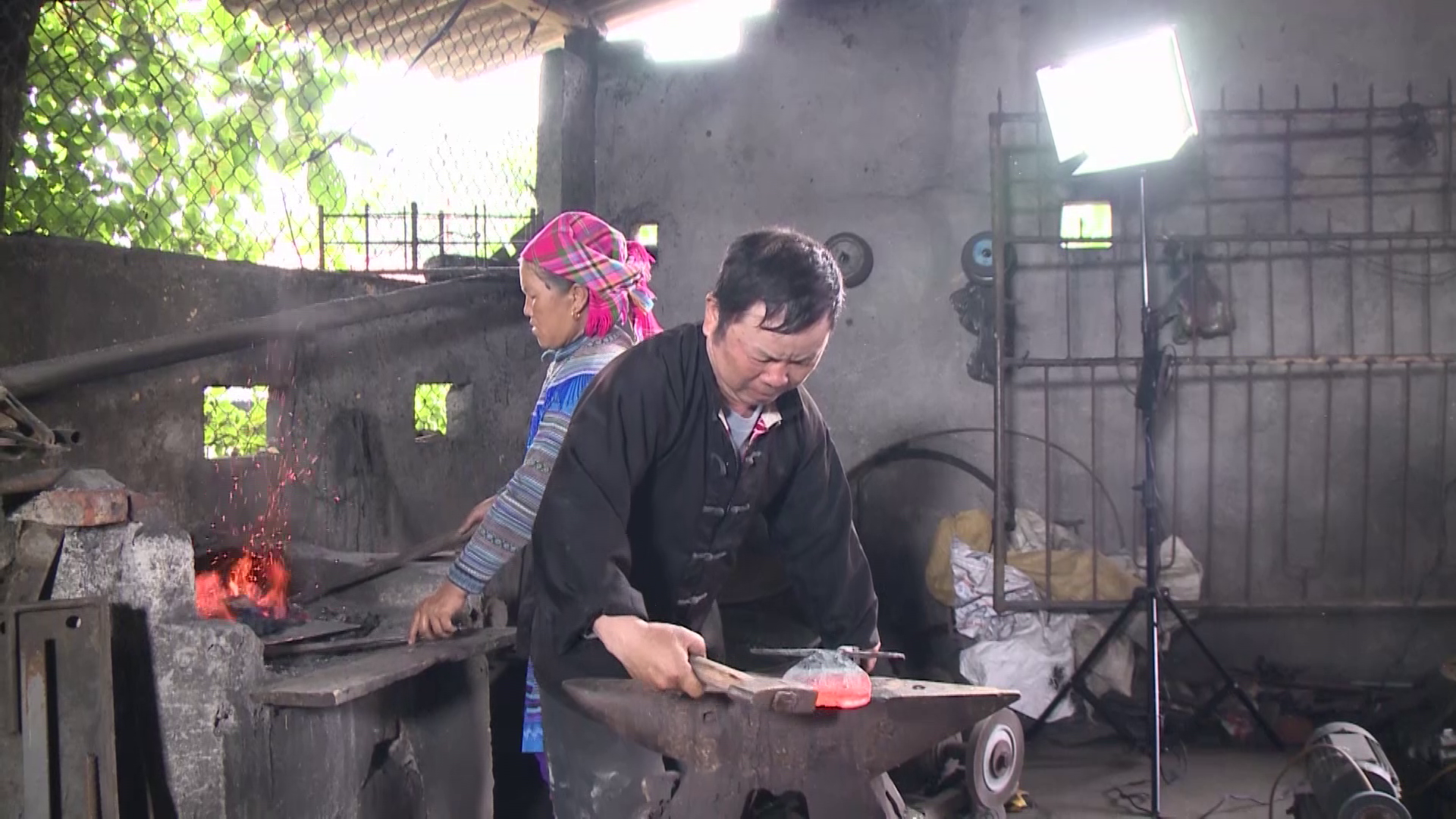


![[UPDATE] April 30th parade rehearsal on Le Duan street in front of Independence Palace](https://vstatic.vietnam.vn/vietnam/resource/IMAGE/2025/4/18/8f2604c6bc5648d4b918bd6867d08396)
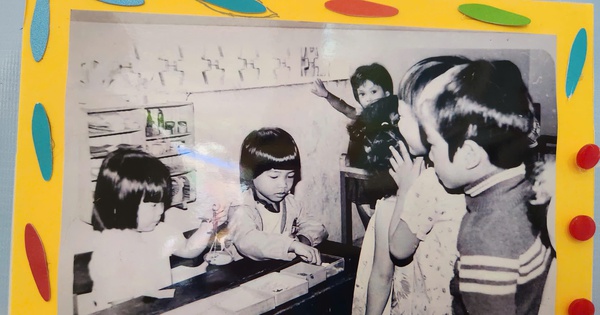
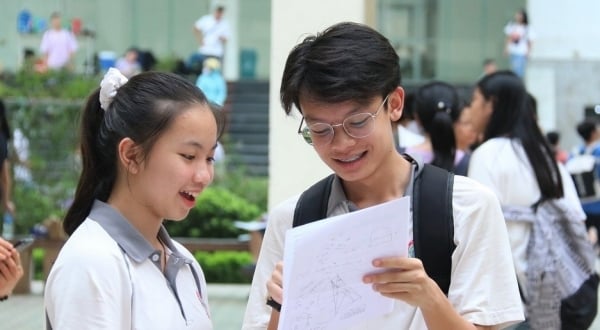
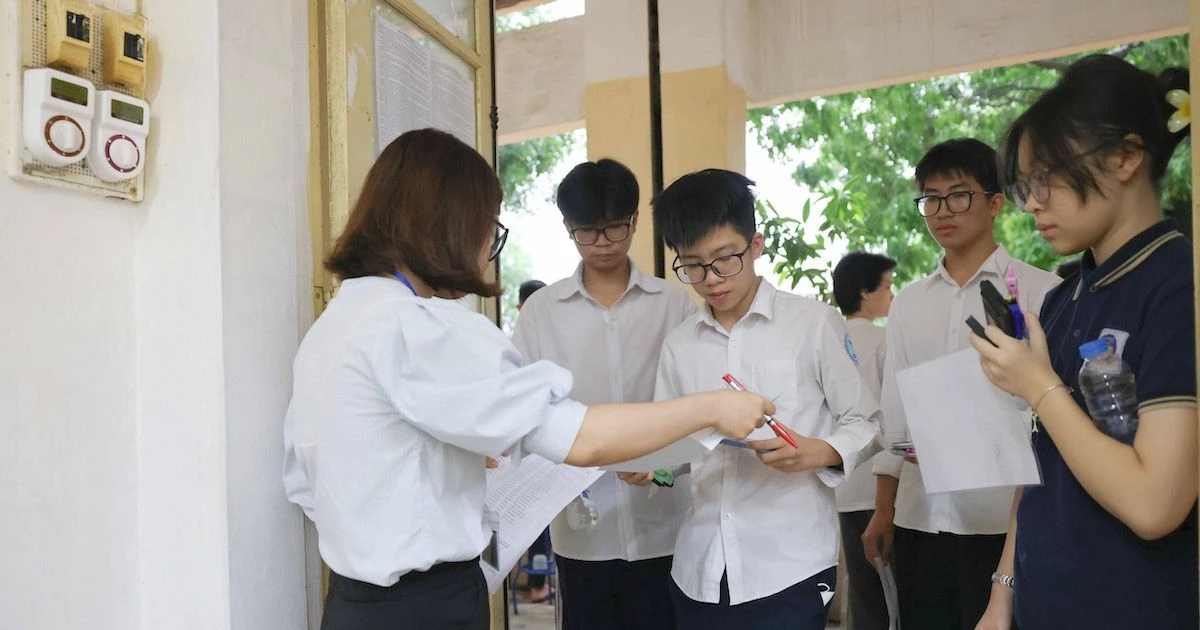
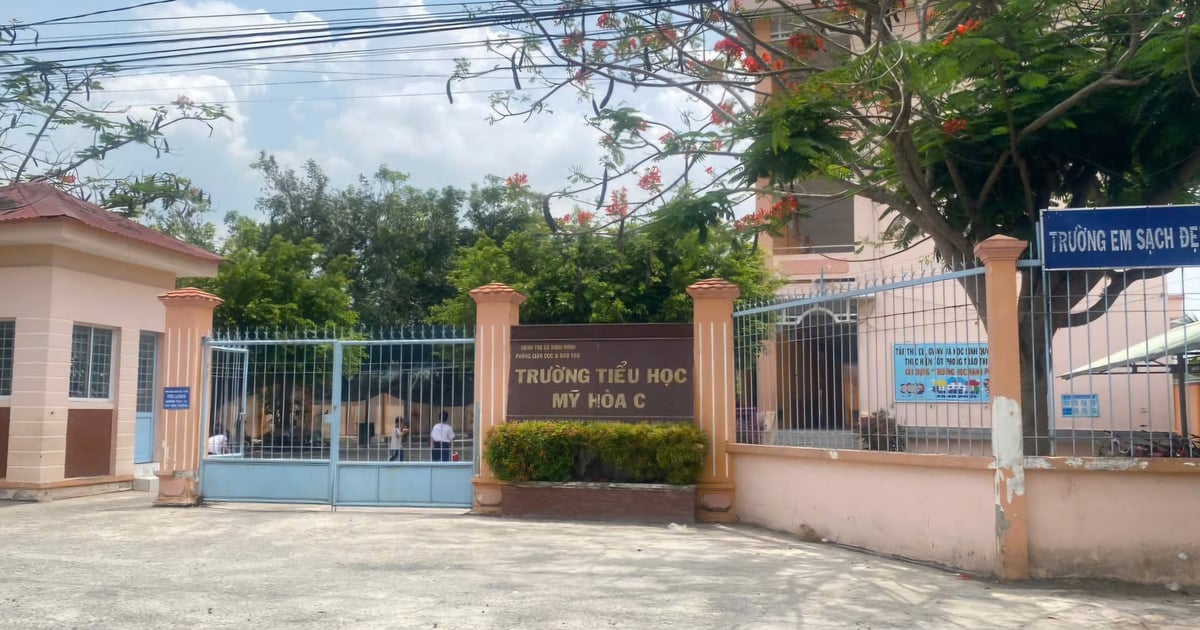
![[Video] Nearly 957,000 candidates registered for the 2025 high school graduation exam trial](https://vstatic.vietnam.vn/vietnam/resource/IMAGE/2025/4/19/4a8dd3609d5743ea8f00a2c940729271)
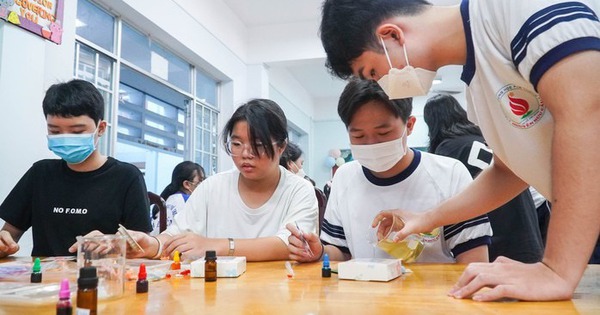




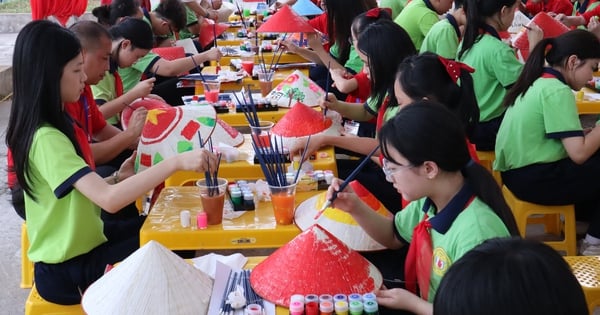


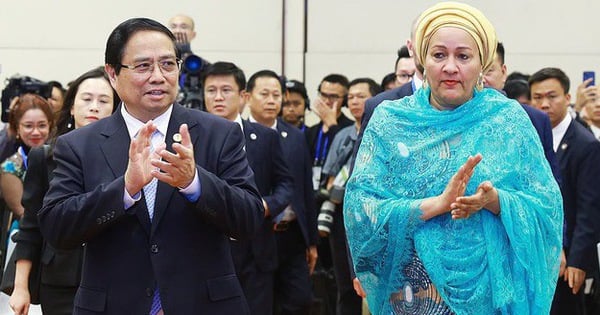
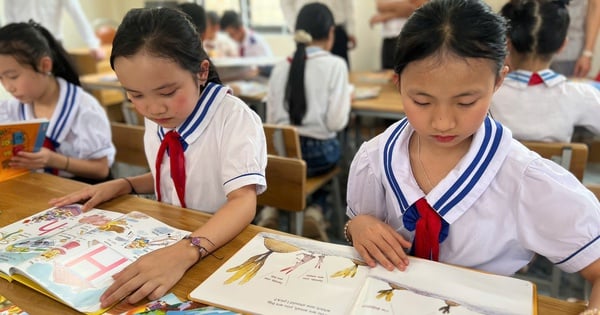



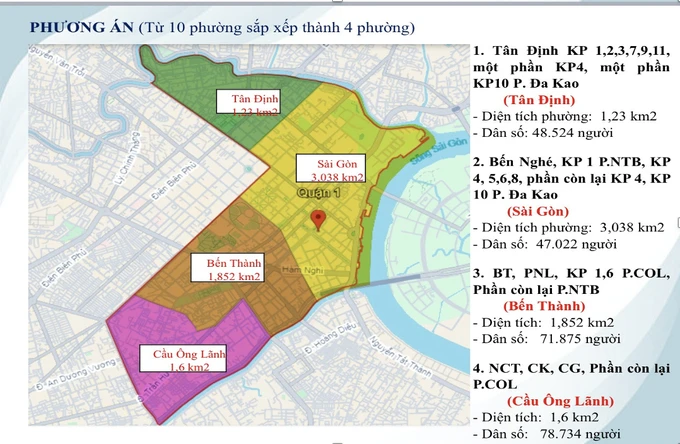

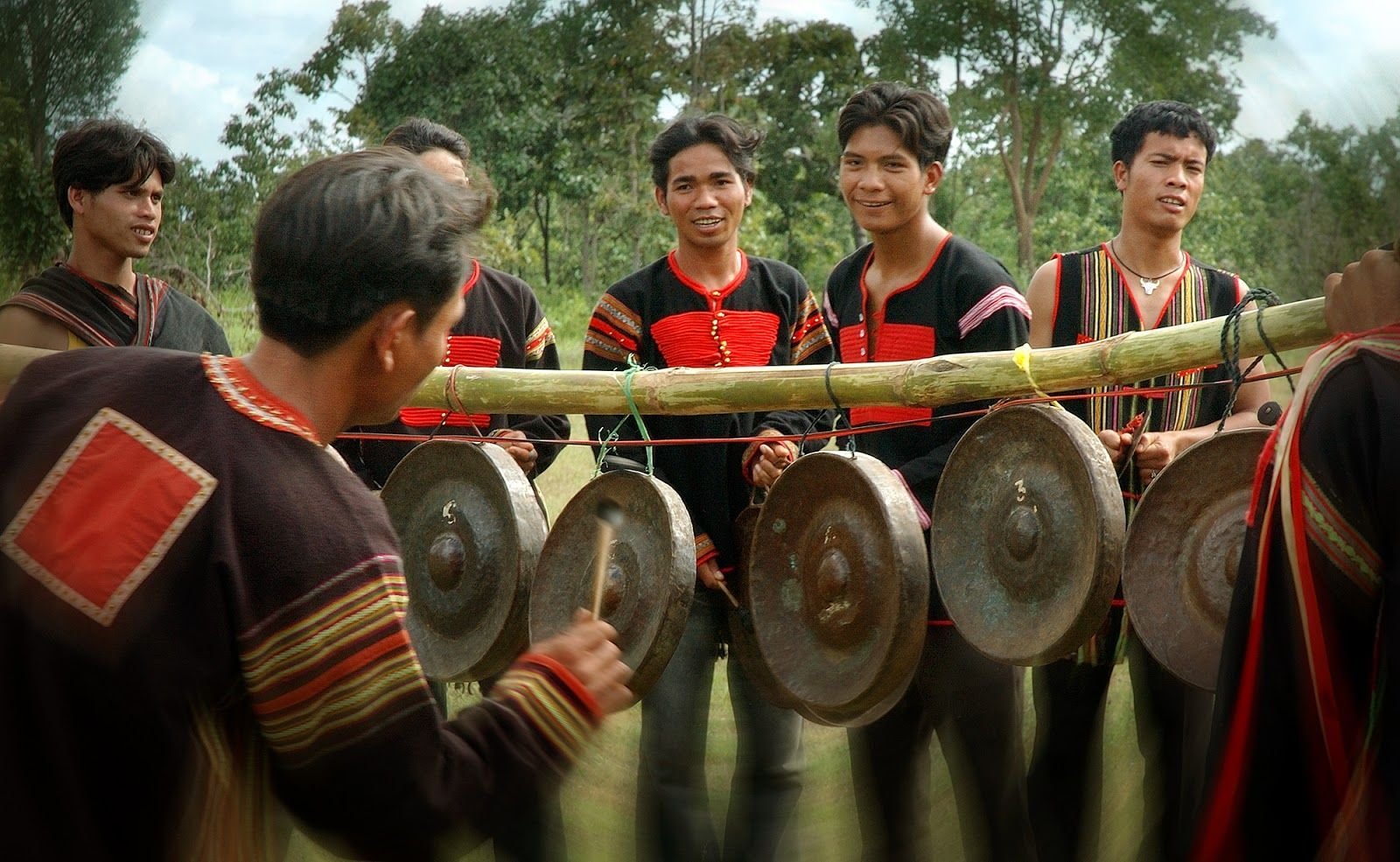

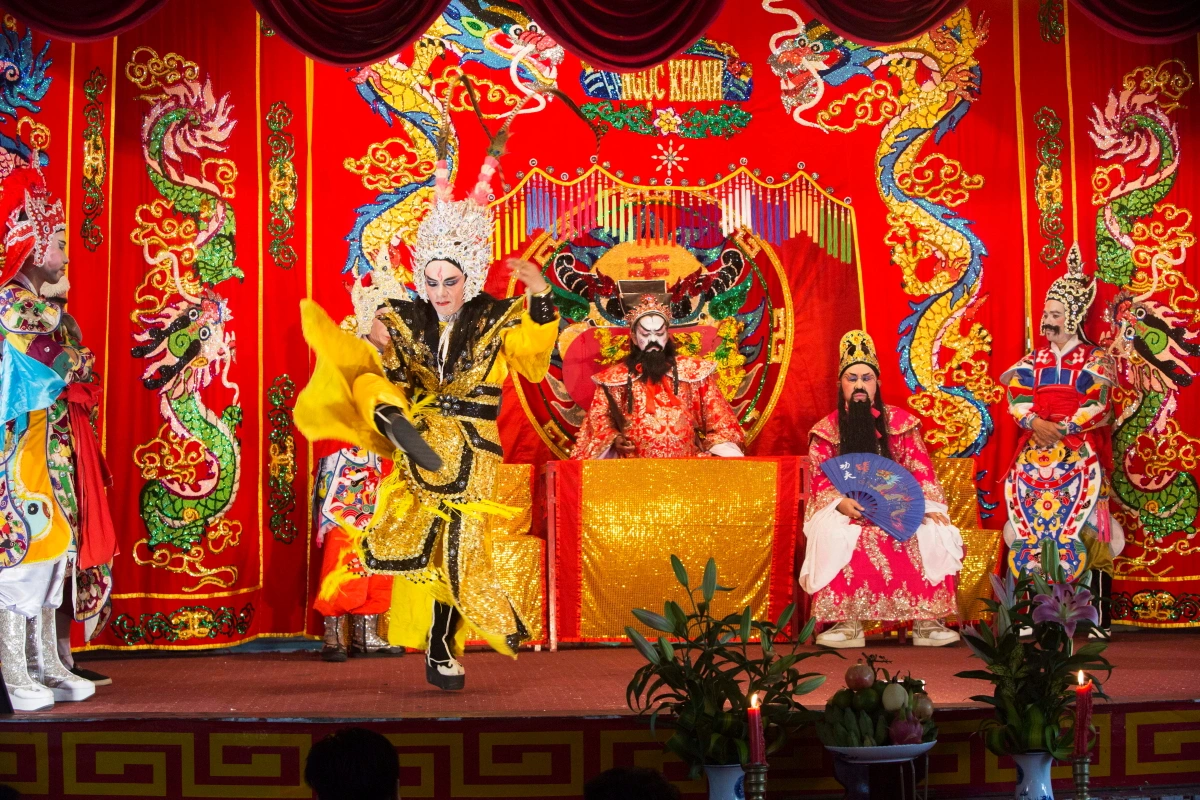

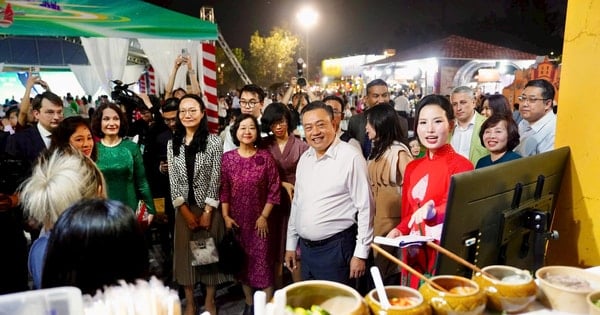

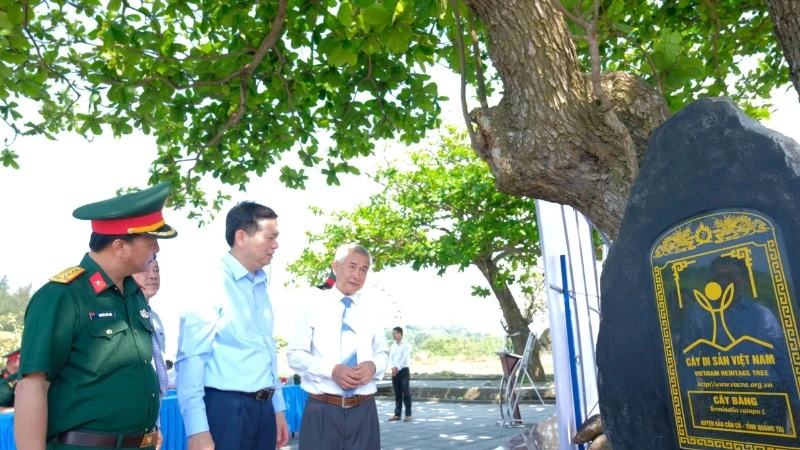







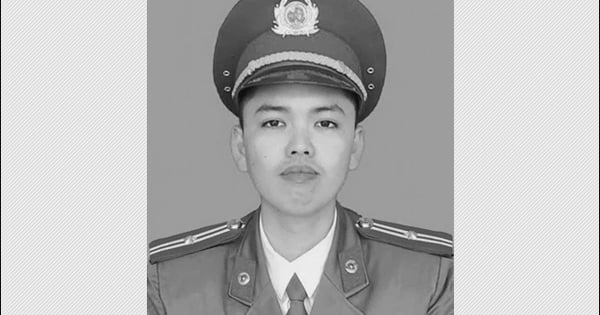







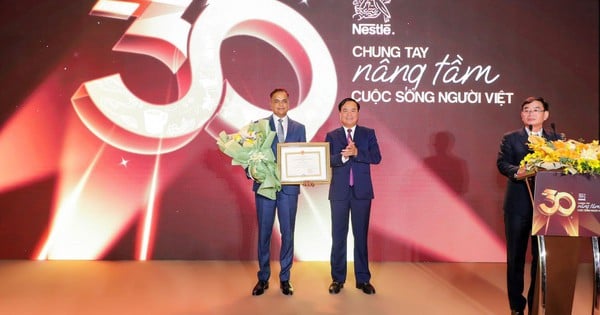
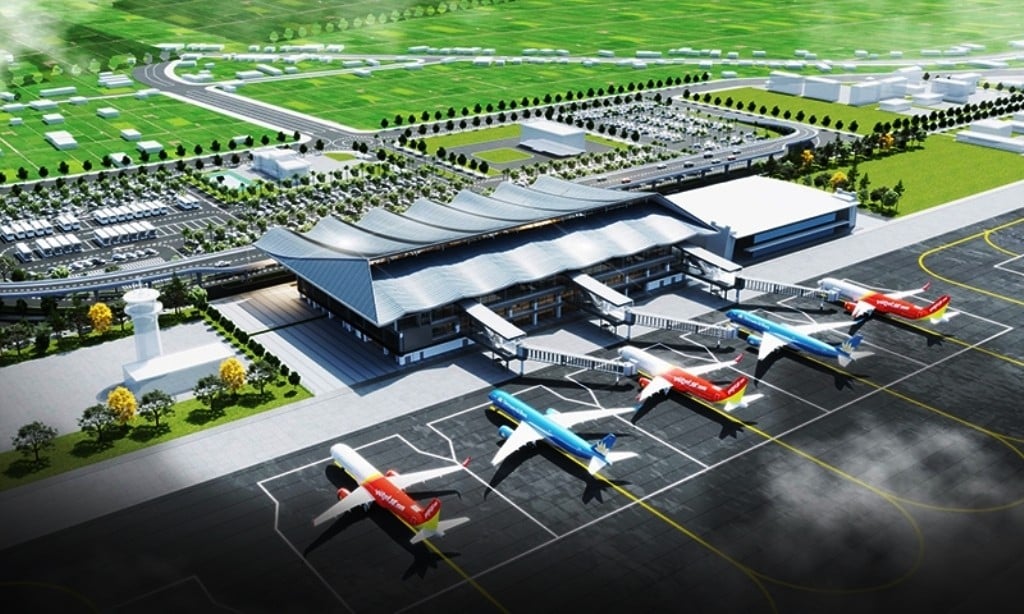
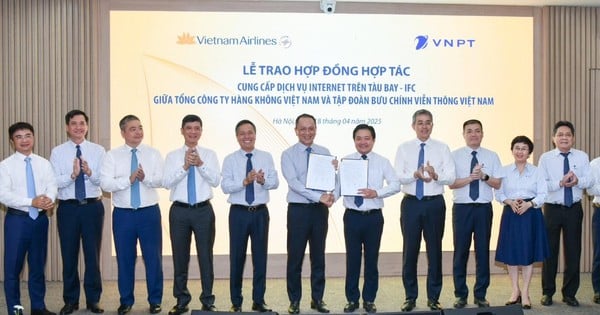








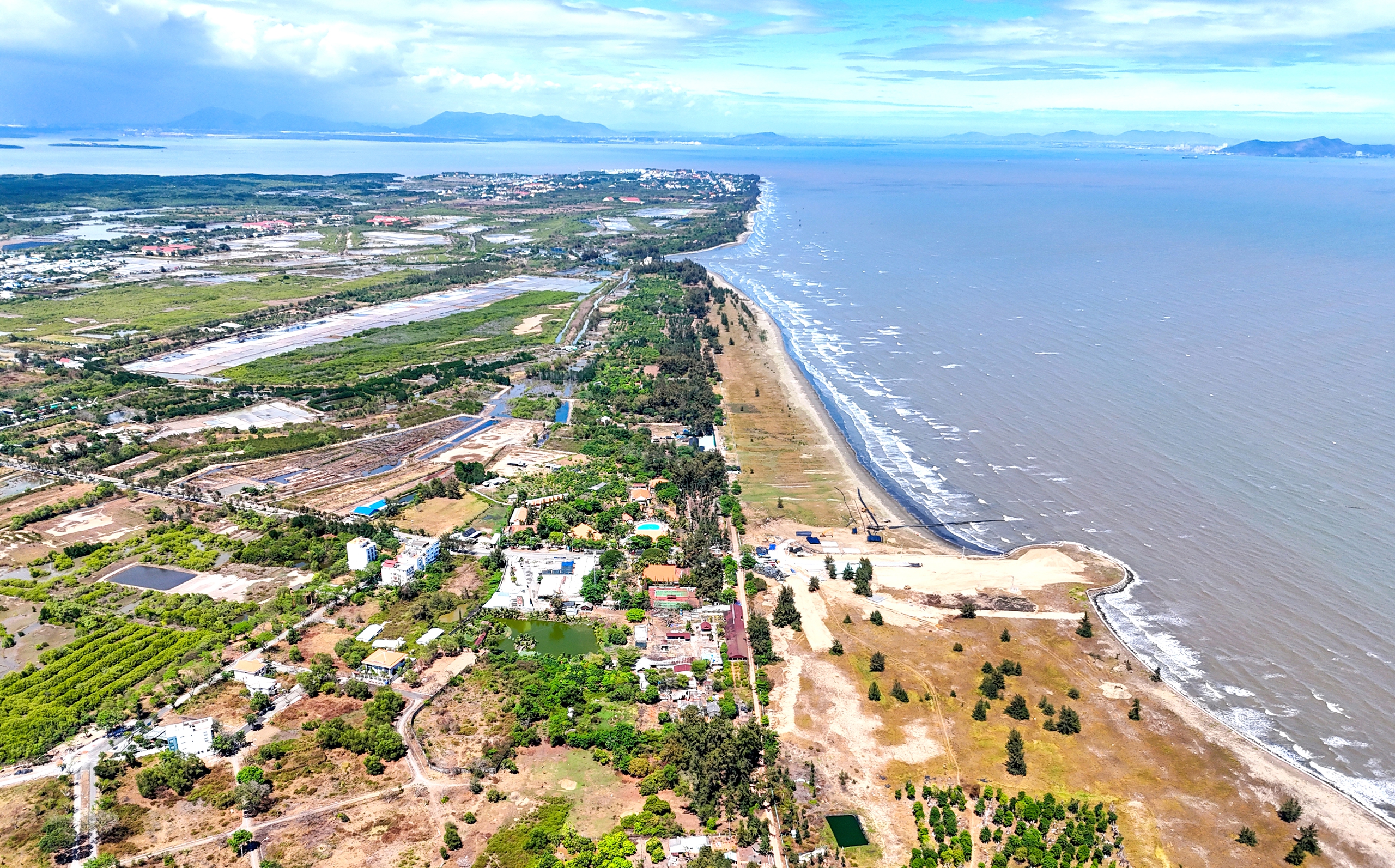





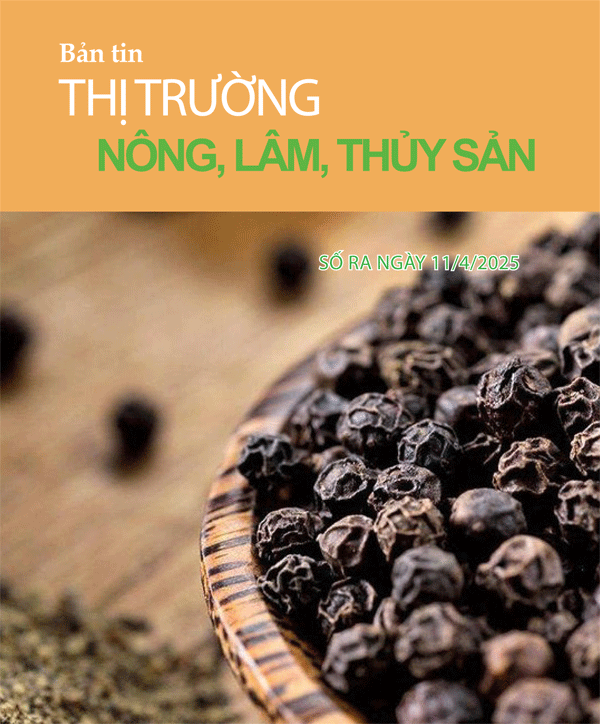

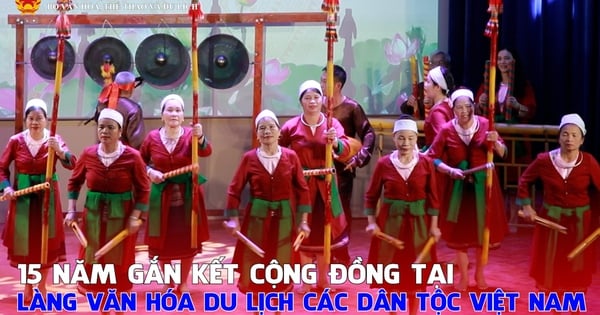

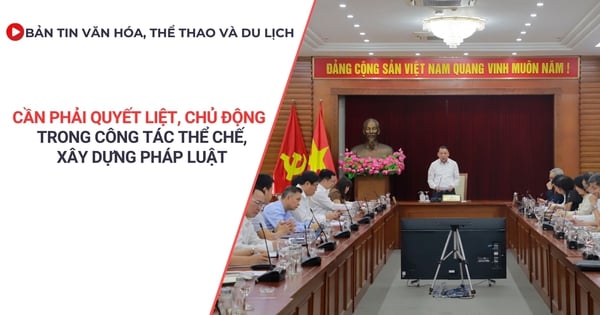




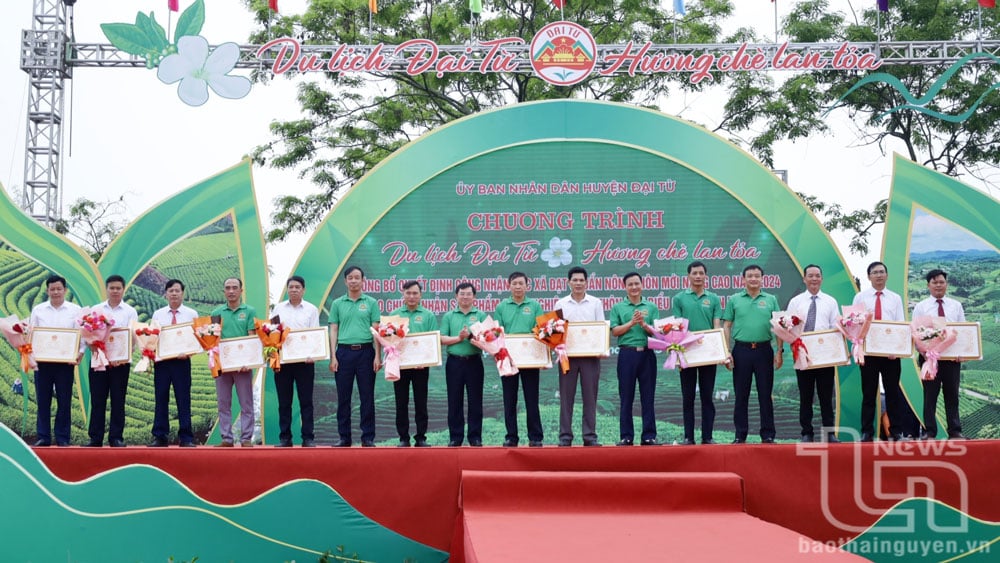

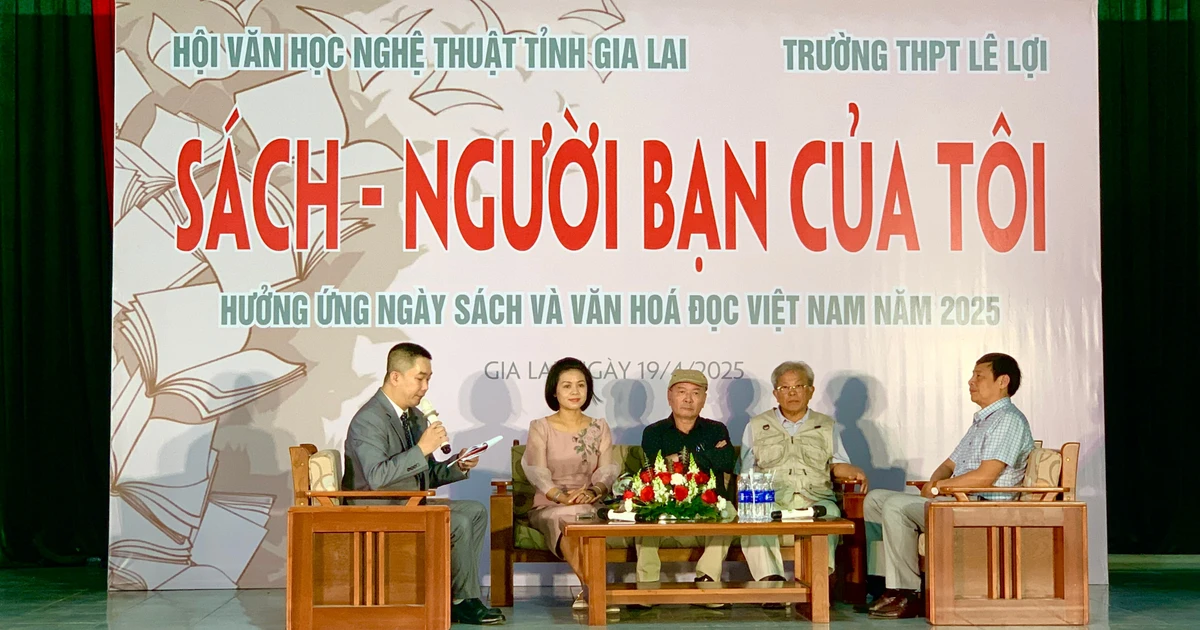


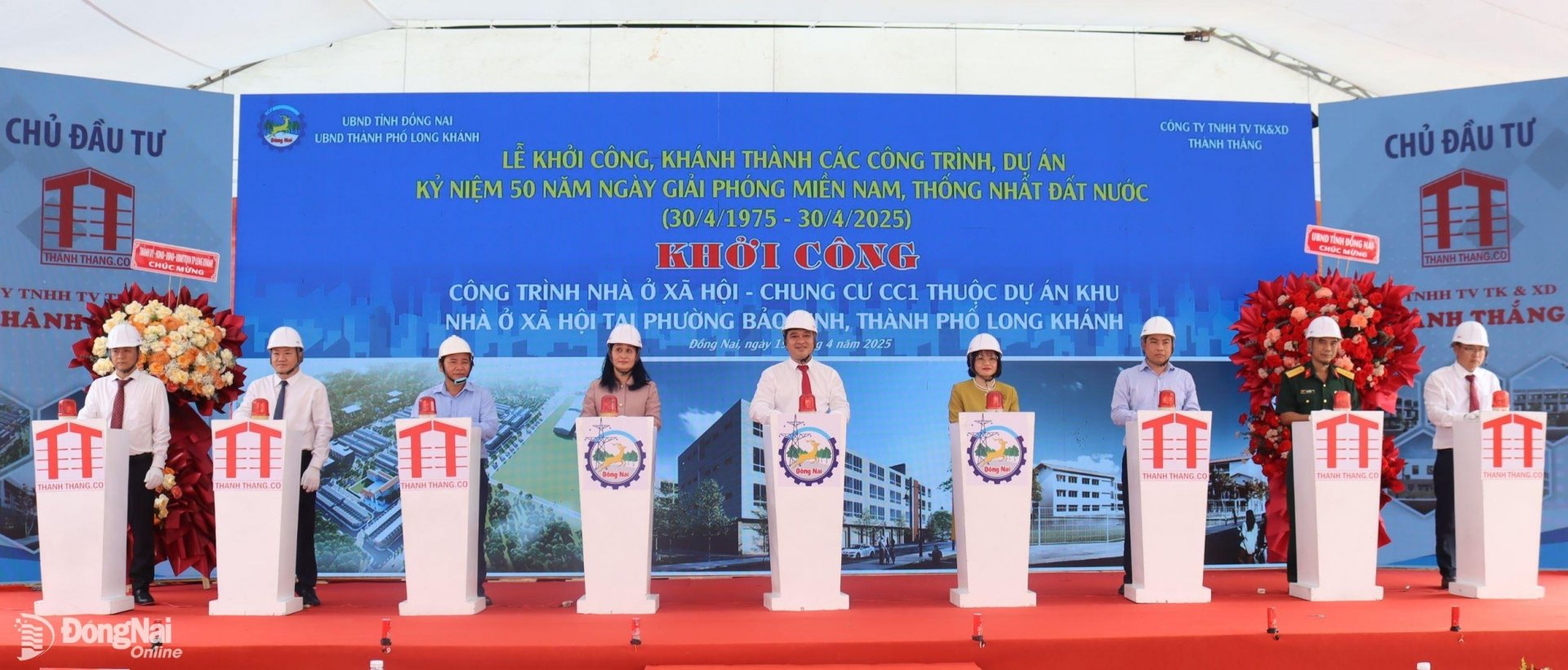
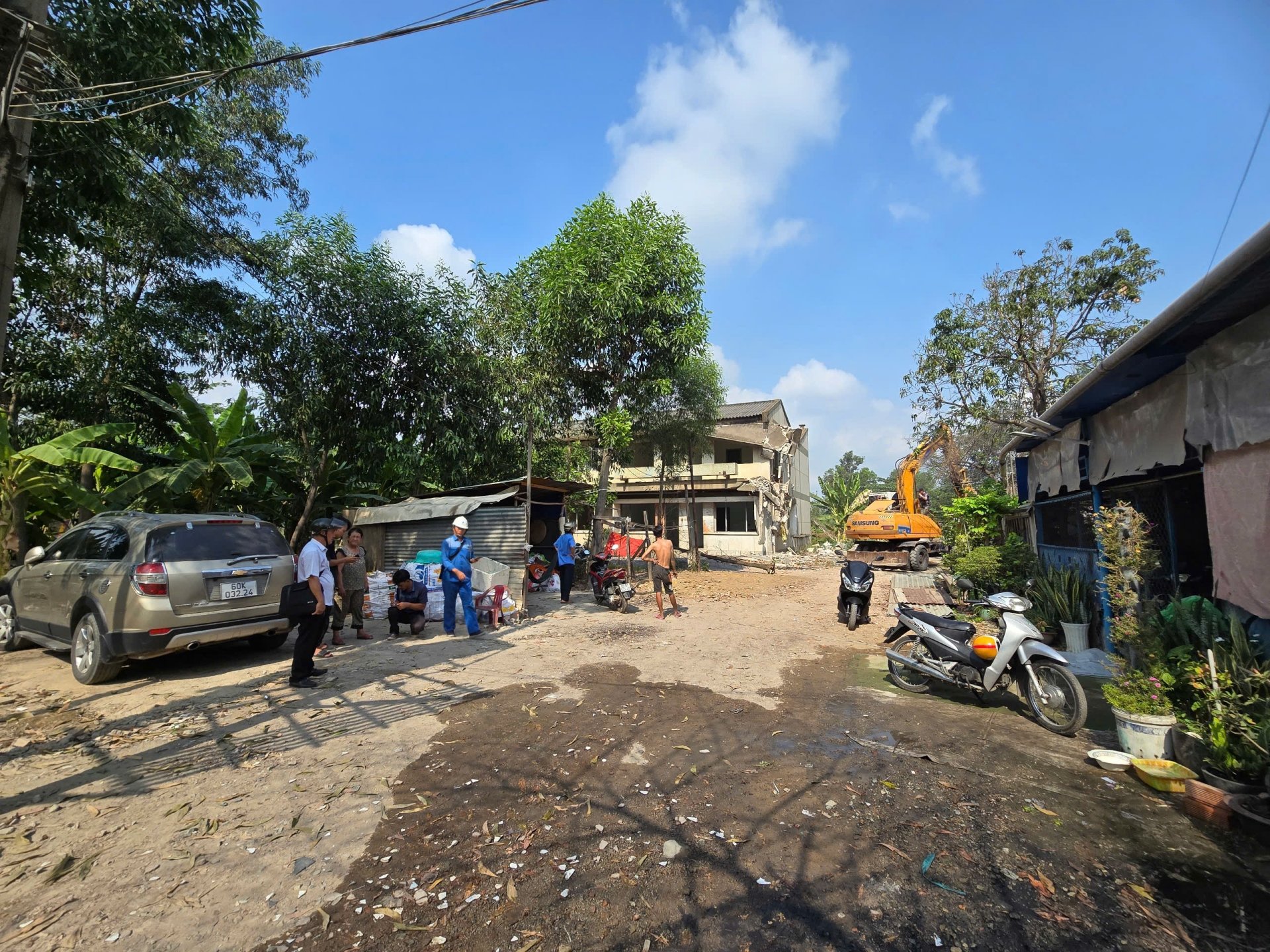
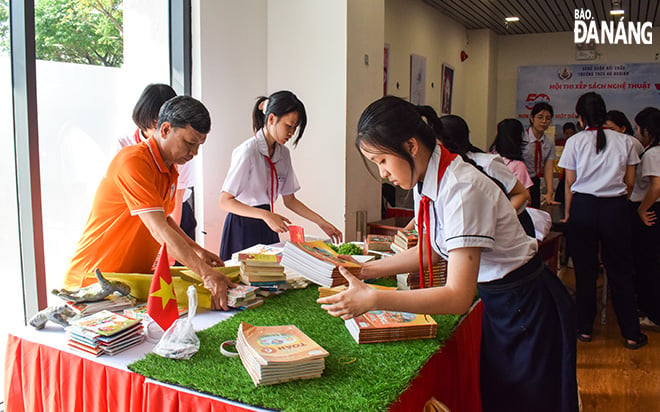










Comment (0)